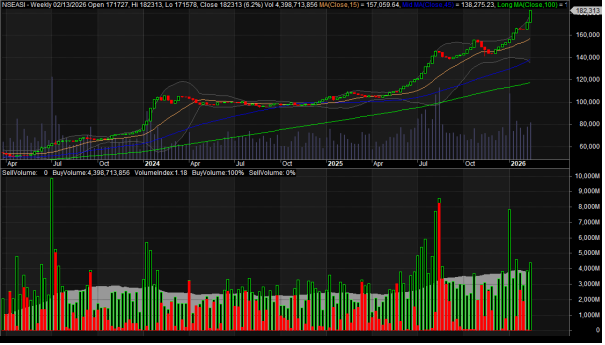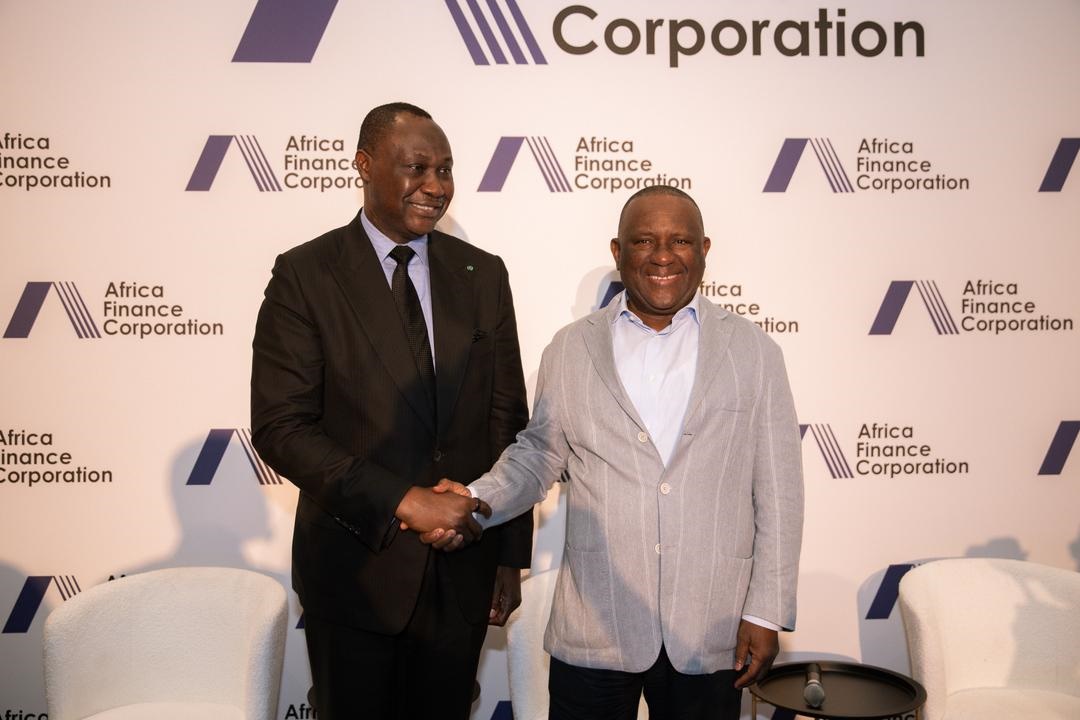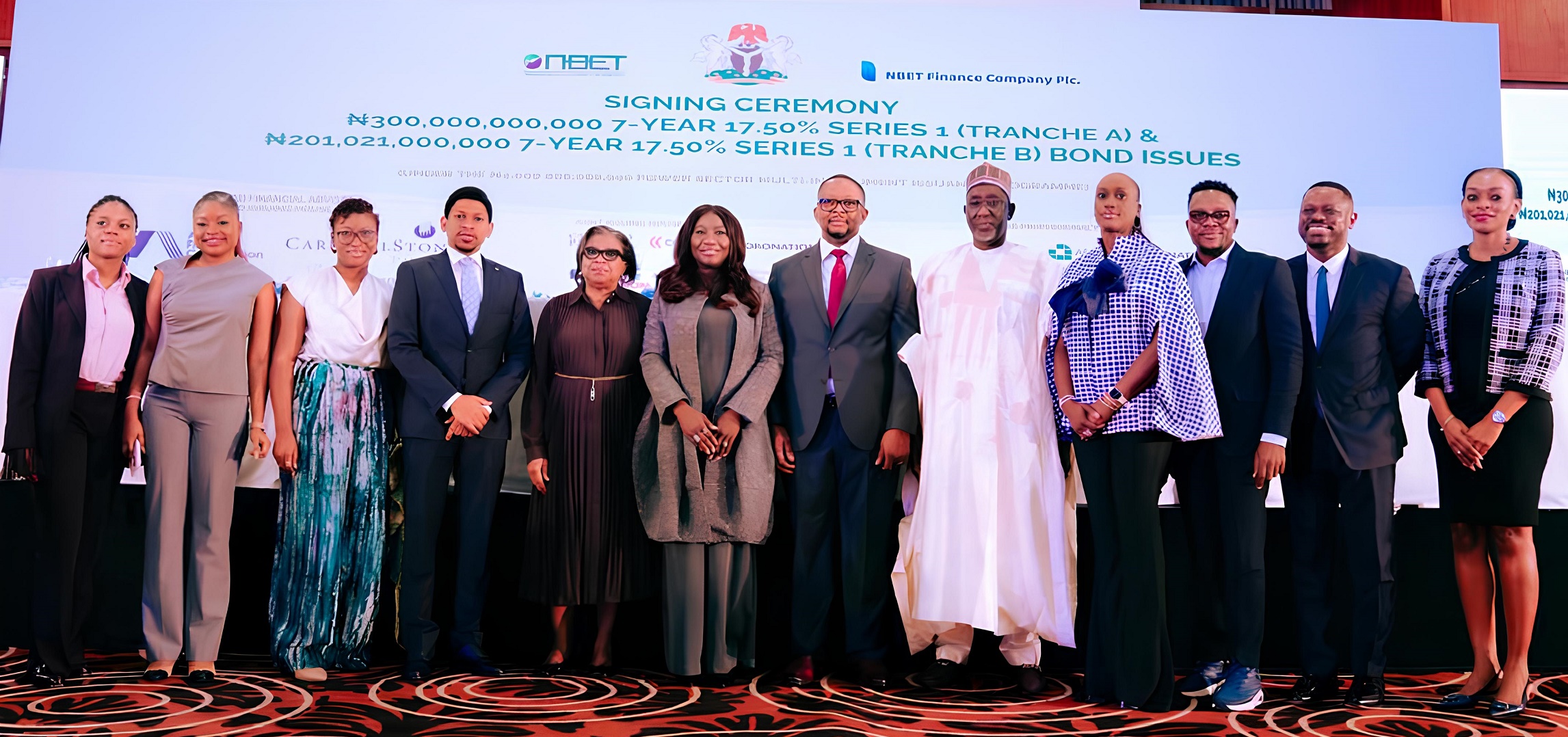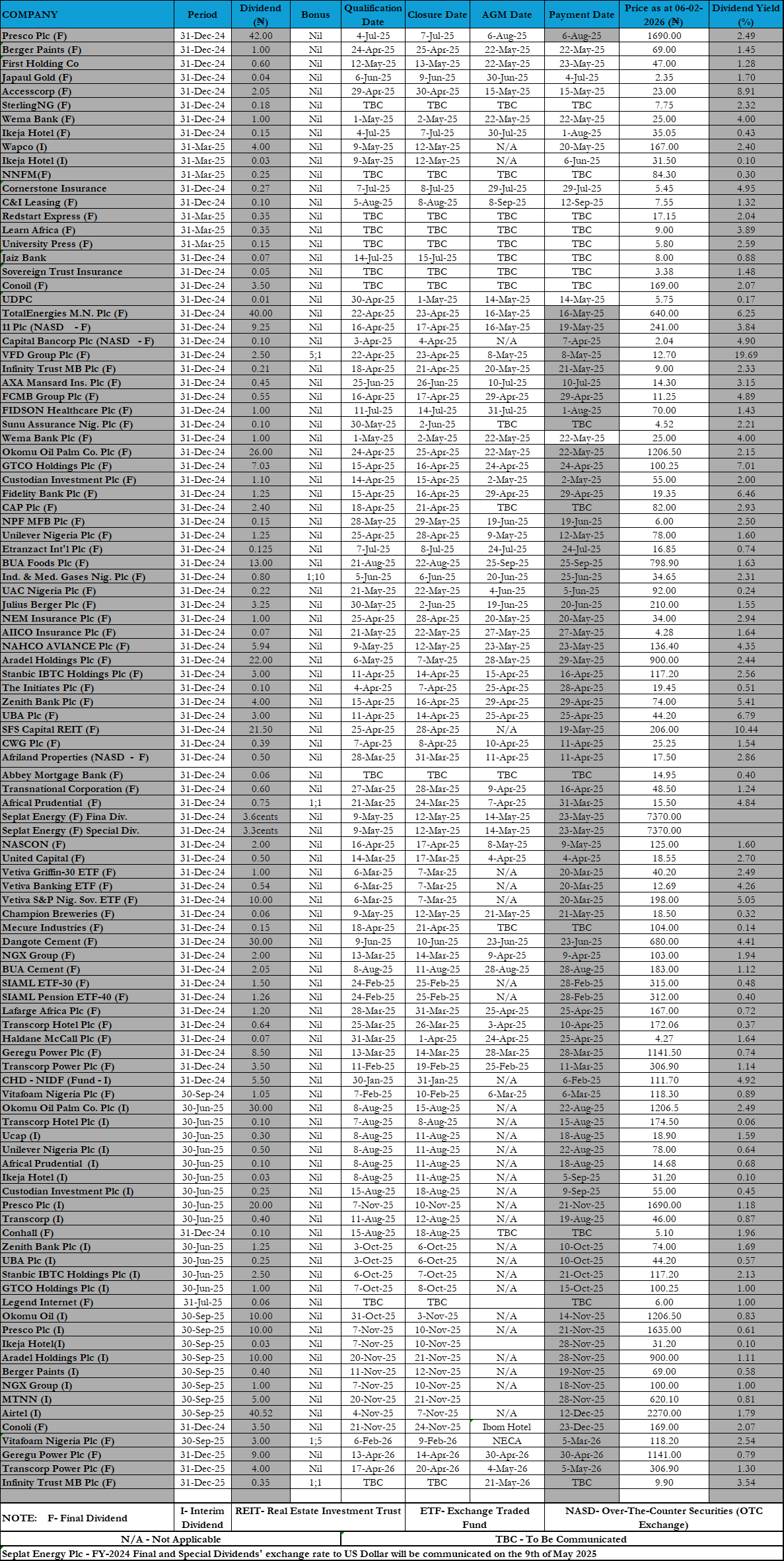
Nigeria’s Minister of Finance, Budget and National Planning, Mrs. Zainab Ahmed, on Thursday in Abuja lamented the shortfall of N425.52bn or 31.1% of the prorated net oil and gas revenue inflows to the federation account in Q1 2020.
Addressing members of the National Economic Council (NEC) during a virtual meeting chaired by Vice President Yemi Osinbajo, she said net oil and gas revenue for the period amounted to N940.91bn, arising from the collapse in oil prices owing to the lockdowns of many economies to curtail the spread of the Coronavirus pandemic. This, she stressed, expectedly impacted negatively on Federation revenues and Foreign exchange earnings.
Membership of the NEC comprises governors of the 36 states, key ministers and chief executives of revenue-generating Federal Government agencies, such as the Nigeria National Petroleum Corporation (NNPC), as well as Governor of the Central Bank of Nigeria (CBN). The council meets monthly.
In her presentation on structures created by the Federal Government to tackle the challenge of the coronavirus (COVID-19) pandemic in Nigeria, Mrs. Ahmed noted the faces her most challenging period in its history, as the global economy faces its sharpest reversal since the great depression.
These, she noted, have health and economic implications, following which governments across the globe are working towards preventing a deep recession arising from the COVID-19 economic crisis as projected.
In a statement on the outcome of the council’s meeting, Laolu Akande, Senior Special Assistant to the President on Media & Publicity, Office of the Vice President, quoted the Minister as assuring that the orthodox approach adopted all over the world is also in the works in Nigeria.
This, she said, involves the deployment of a stimulus package, listing structures established by President Muhammadu Buhari in response to the pandemic to include the Presidential Task Force on COVID-19, the Crisis Management Committee, and the Economic Sustainability Committee.
Specifically, the Minister assured of the government’s commitment to supporting the financial viability of States, including the suspension of payments in respect of the Irrevocable Standing Payment Order (ISPO) and a moratorium on deductions in respect of bailout loans, with effect from April 2020.
The Economic Sustainability Committee, she explained, is responsible for providing overall strategic vision, policy direction, and general oversight of implementation, amongst others.
Also in a presentation at the meeting, a representative of the World Bank spoke of the support for the Nigerian Economy and the current response from the government and its partners, especially the proposed World Bank Support.
These included a fiscal stimulus package- COVID-19 intervention fund of N500bn (US$1.4 billion)- supports healthcare facilities, provide relief for taxpayers and incentives employers to retain and recruit staff during the lockdown; an increase of Social register by one million households to 3.6m for cash transfer program and palliatives and social Safety Net Program.
The World Bank, the meeting was told, is proposing a Support package for immediate Fiscal Relief for the Federal Government that would involve policy-based budget support for the Federal Government focusing on measures to maintain macro-financial stability and create the fiscal space for a pro-poor stimulus package.
The bank’s package also proposed financial support to the Government of Nigeria to support state governments’ budgeted programme of expenditures and interventions.
The council set up a seven-man committee led by Delta State Governor, Dr. Ifeanyi Okowa, to work with the Presidential Task Force on COVID-19, for an even more effective collaboration and coordination of activities. Members of the committee are the governors of Lagos, Kano, Bauchi, Anambra, Plateau, and the FCT Minister as members.
“NEC also resolved to cooperate with the Economic Sustainability Committee set up by the President and chaired by the Vice President in the development of a national Economic Sustainability Plan.
Such a plan is expected to introduce a substantial stimulus package running into a couple trillion Naira, ensure that Nigeria as a country gets through the COVID-19 economic challenges and in fact chart a path of growth and development for the Nigerian economy by ensuring massive productivity in several sectors including agriculture, power, infrastructure, technology, and several others.”
The council subsequently resolved to hold a meeting next week with the ESC represented by its earlier constituted Special COVID-19 Committee.
At the meeting also, the Finance Minister put balance in the Excess Crude Account (ECA) at $72.406m as of May 21, 2020; while the Stabilisation Account contained a balance of N39.337bn; and N125.19bn in the Natural Resources Development Fund Account, as of the same date.














